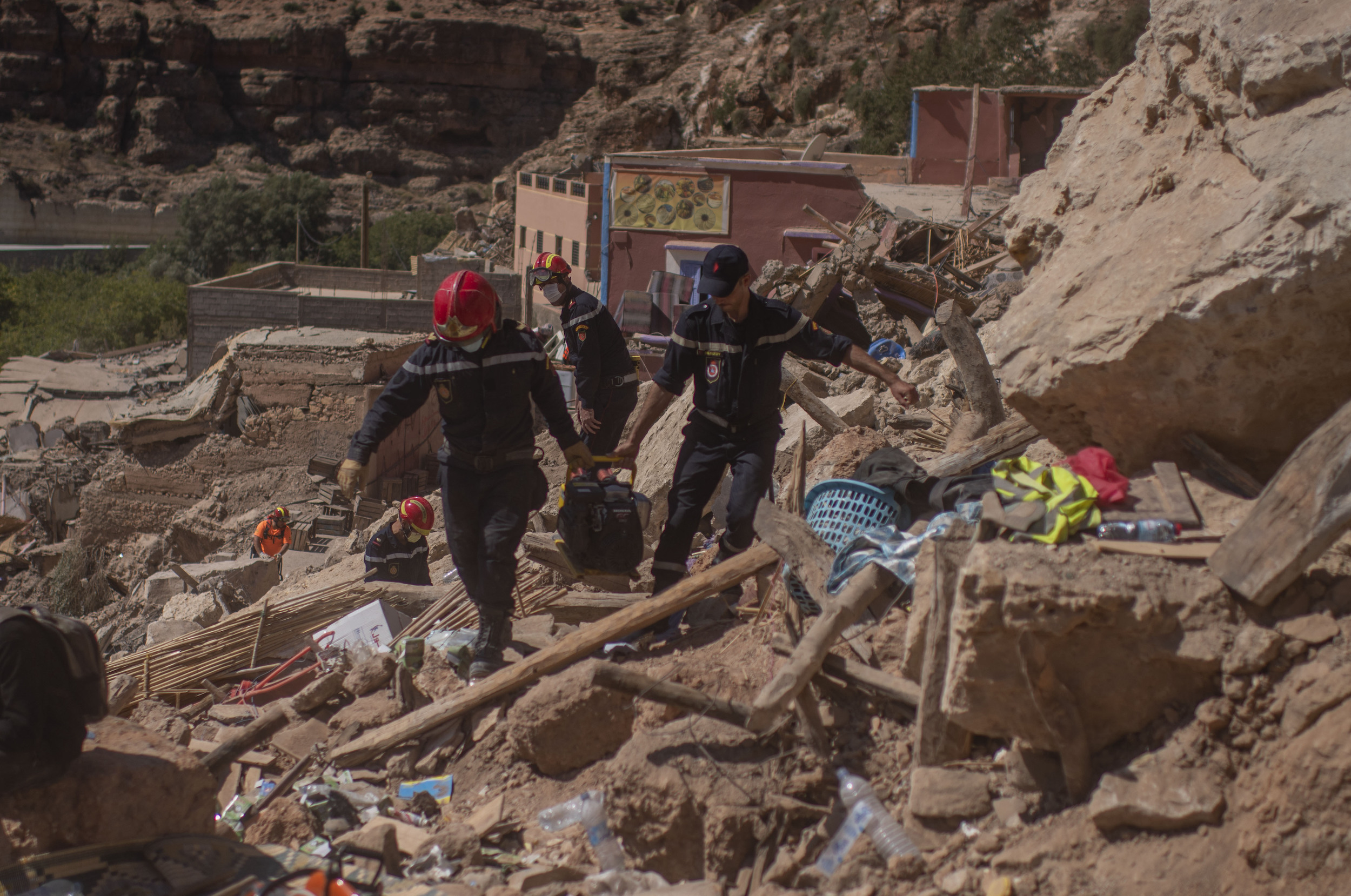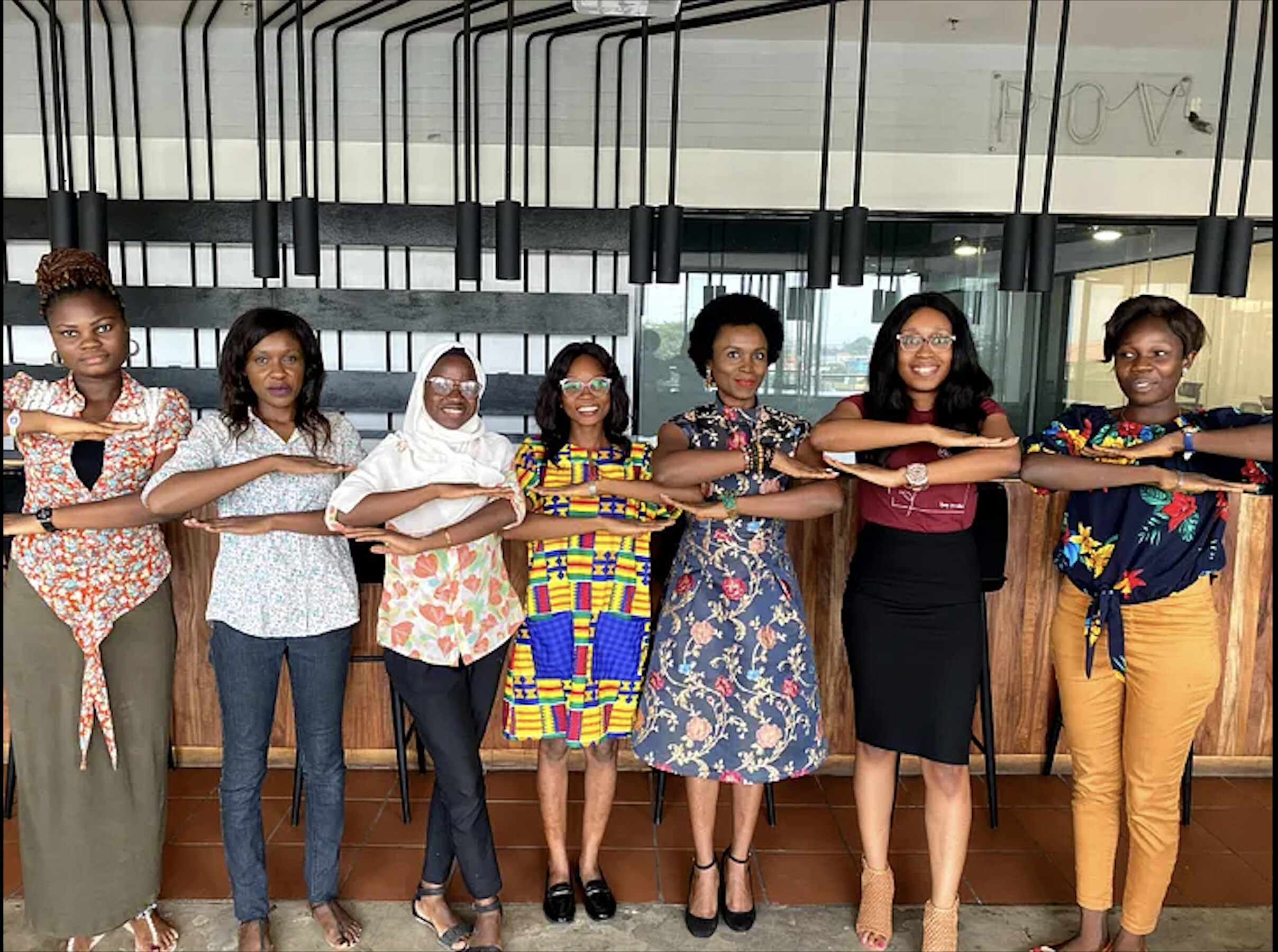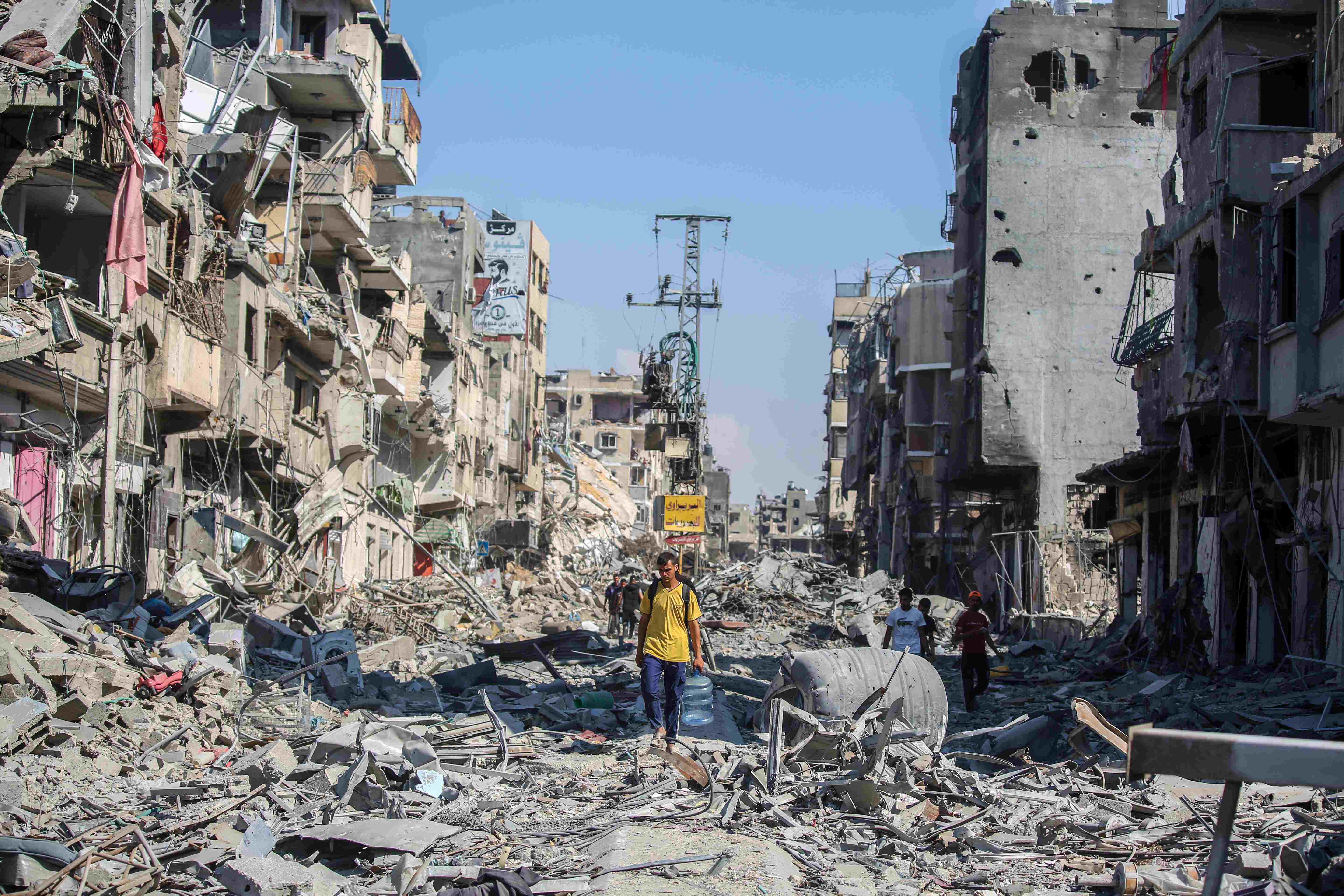Data journalism is about much more than just sorting through facts and figures. In the first part of our series, we look at what constitutes data-based storytelling
At its core, the principles of data journalism and traditional journalism are the same. Both involve asking questions to paint a truthful and accurate picture of the world. In the case of traditional media, this information is usually obtained from an individual person’s account of a story (a single data point).
Data journalism takes this one step further by asking questions to a collection of data points (many people’s stories). This approach can help reveal the larger context of a story.
What is Data Journalism?
When people hear the phrase “data journalism” most automatically think of charts and infographics. However, data journalism is a larger field. It’s the entire process of deriving meaning from data to develop a story - not only the visual output.
A written story that relies on data analysis and interpretation is a better example of data journalism than an infographic with dozens of meaningless numbers. The key ingredient is asking questions to our data just as if we were interviewing it.
It’s easy to lie with data, but it’s even easier to lie without it
In brief, data journalism is a form of journalism where your interview subject is data. This means that a data journalism story is often platform independent.
Your output can take on the form of a map, video, chart, written article and even social media posts. This allows you to be very creative with your output and not be constrained by a specific medium. This cross-platform approach is a very important part of digital content creation.
Data-led stories have the power of reaching and engaging with new audiences by making sense of the data-rich world that we live in. It is important to remember that data journalism is not about using shiny new technologies, rather it is about using technology to help extract contextual information for your readers.

5 Myths About Data Journalism
We asked a few journalists from our newsroom to share some of the biggest myths about what data journalists do. Here’s what they had to say:
‘Data journalism isn’t personal’
More than anything, data is about stories that play a direct role in people’s lives. Many data stories have the ability to not only tell individual stories but also contextualise a story by placing a person in his or her neighbourhood or country
‘Data journalists are not real journalists; they’re only interested in numbers, not telling stories’
Data journalists do more than just sift through mountains of data and identify trends. They can often provide a creative perspective to a story which allows them to engage with new audiences.
Data is about stories that play a direct role in people’s lives
‘Data journalism is for programmers and designers’
While it’s true that data-driven stories can benefit from people with technical and design skills, most of the work stems from an editorial understanding of a subject. As long as you have an eye for a story and are willing to collaborate with others, you can become a good data journalist.
‘Data journalism is all about making charts and infographics’
An infographic or chart without an underlying story is not data journalism. A data journalism project should involve the uncovering of a story from a dataset.
‘Data journalism is expensive and time-consuming’
Within Al Jazeera we’ve produced award-winning data journalism projects with a mobile phone, camera and computer (as will be demonstrated in our case study below). While, longer-term investigative projects may take time and resources to develop, there are many daily stories that newsrooms are producing that involve analysing and presenting data.

Searching for Facts
The spread of misinformation online has created a huge problem for news consumers. Building your audience’s trust in your data stories requires that you treat your data sources like every other source of information. Your data must be verified for accuracy and truth.
Tips for sourcing reliable data:
1. Use trustworthy sources
Finding good data sources can be difficult. However, it’s always better to build upon an incomplete data source that you can trust rather than blindly using a complete dataset that you cannot.
2. Cross-reference datasets
Always cross-reference your data with news stories, reports or other data. This will save you a lot of time and effort once it comes to cleaning and analysing your data.
Data-driven stories can, more objectively, be validated and confirmed
3. Watch out for missing or outdated values
Just as information becomes outdated, so too does data. Always try to find the most relevant and up-to-date dataset to ensure that your story best represents the current facts.
4. Understand the data collection methodology
People are often responsible for gathering raw data. To avoid unnecessary errors, always ask yourself, How was this data collected, and what does it actually represent?
5. What are the consequences of getting it wrong?
Data-driven stories have a big advantage over traditional stories in that they can more objectively be validated and confirmed. If you’re uncertain about a dataset, speak to the people or organisations who produced it. To help build credibility and transparency among your readers, it’s a good idea to open-source your raw data. This will allow others to build upon and add authority to your work.
Remember: it’s easy to lie with data, but it’s even easier to lie without it.
This article has been adapted from the AJMI Data Journalism Guidebook
























































